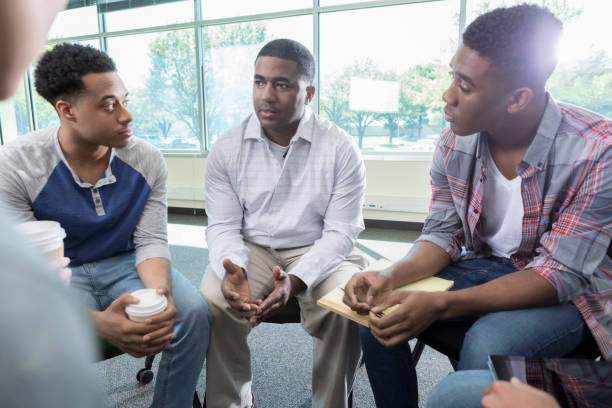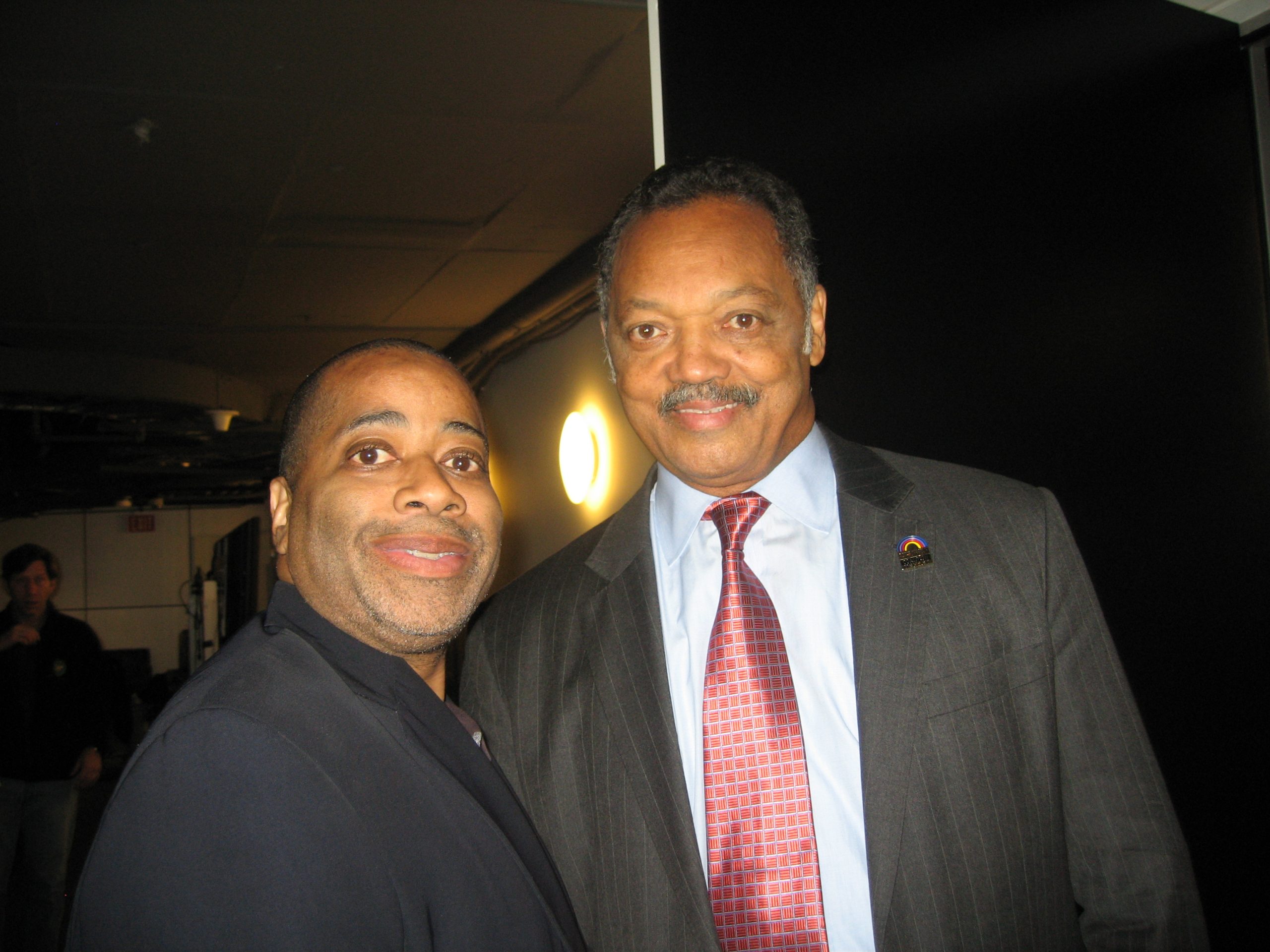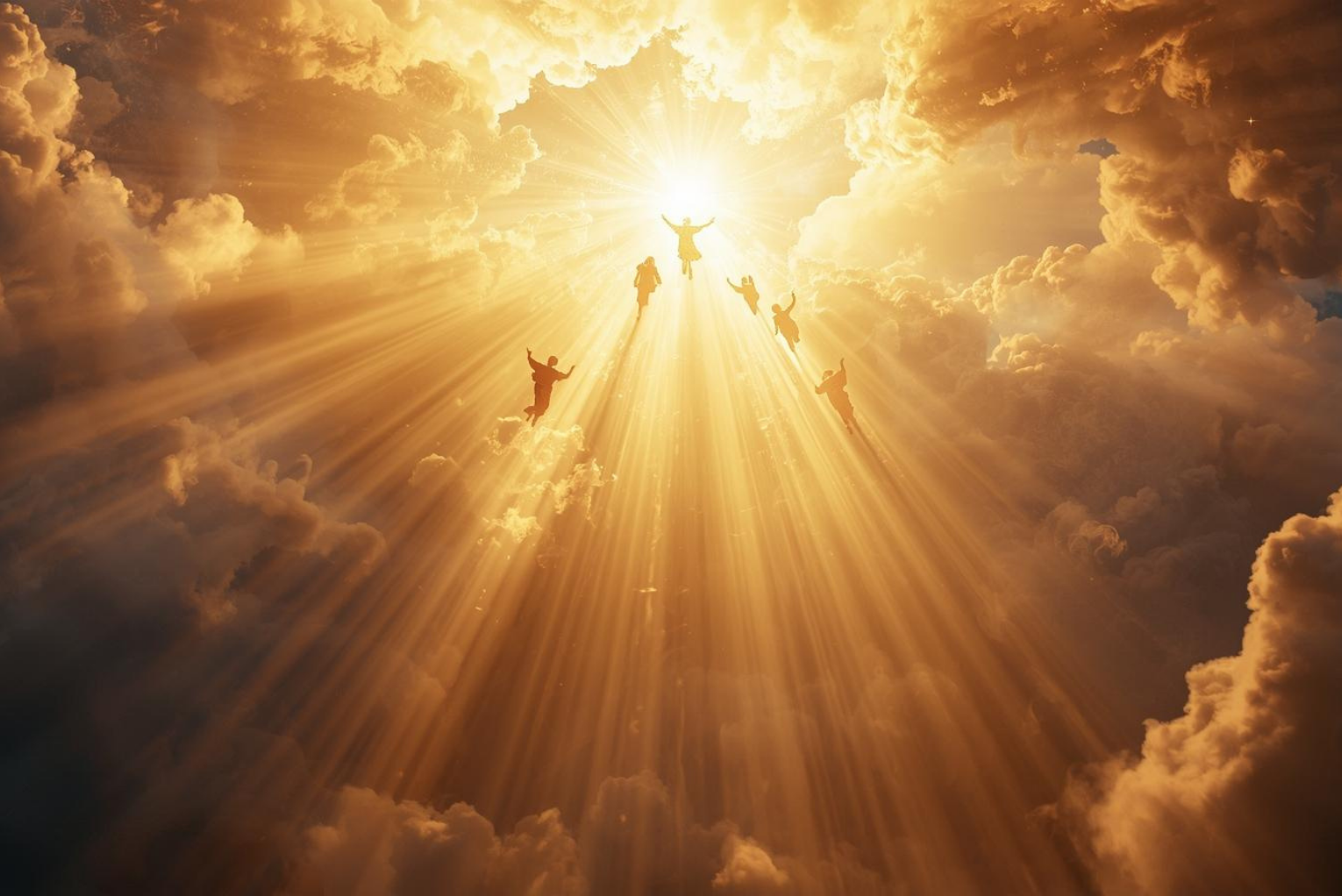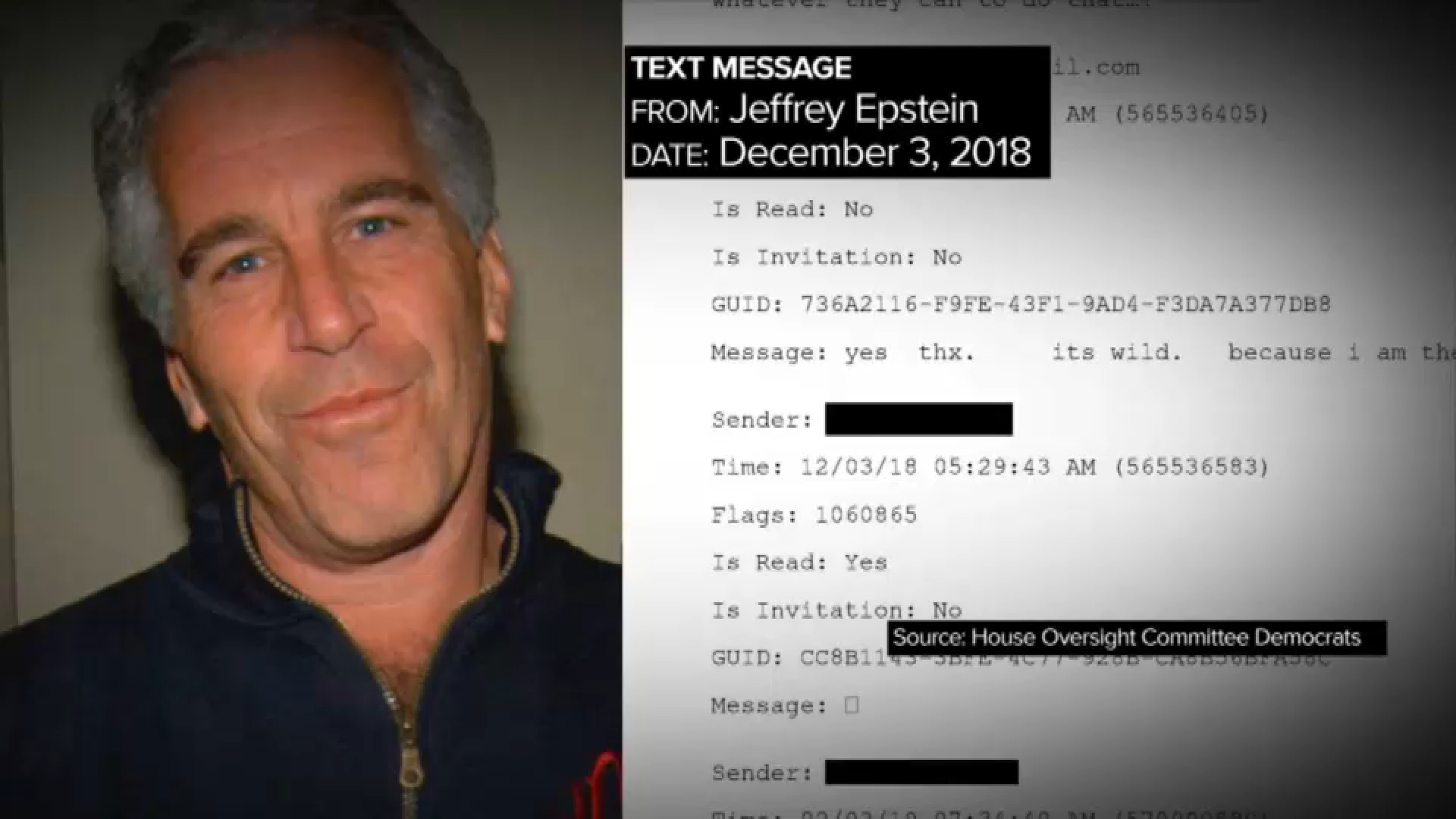(ThyBlackMan.com) Throughout this election cycle, Black men across America have been routinely badgered and barraged with the same two questions. When will black men finally speak? And whose side are you on? These two common questions are posed to black men by individuals inside and outside the black community daily. Many individuals would automatically assume that all the badgering and questioning that black men are receiving is coming from the women closest to them. Still, contrary to popular belief, black men are being posed with those same two questions by other black men as well, with whom many of them don’t identify with, like Roland Martin, Steve Harvey, Rev. Al Sharpton, DL Hughley, Van Jones, and the rapper turned social activist Piles due to what seems like their denigration of other black men who may have a different opinion, perspective, and who have additional questions they want answered before they speak on social issues or pledge their support to any political party.

As adolescents, many of us indirectly heard a paraphrase of Carl Sagan’s writings: “There are naïve questions, tedious questions, ill-phrased questions… but every question is a cry to understand. There is no such thing as a dumb question.” Carl Sagan’s writings taught us that the only dumb question is the one that isn’t asked. That’s unless you are a Black man in America in the year 2024 who has been slow to speak or react in a manner that pleases the masses because you have additional unpopular questions that you need to be answered. We know this to be an accurate assessment based on the tongue-lashing that revered former President Barrick Obama received within the Black community and outside of the black community for delaying his endorsement of Vice President Kamala Harris as the democratic nominee for President when President Joe Biden decided to end his reelection campaign.
To some, Black men have been suffering from a case of collective laryngitis for decades due to what has been perceived as their inaudible tones on critical social and political issues. While I am confident in my belief that black men still speak with and without audible sounds, I wonder if the black community and our nation have failed to ask the right question from the start. When black men speak, do they make a sound? While speaking up, speaking out, and speaking truth to power is a requirement of every individual who can do so, sometimes the lack of words black men and men generally choose to utilize speaks volumes to those who choose to pay attention. For any individual who may be skeptical if Black men speak, feel free to visit a black barbershop on Saturday morning or a typical black church congregation on Sunday morning, and contrary to popular opinion, you will find Black men speaking daily to and into their children lives as studies show Black men are the most involved fathers in their children’s activities in comparison to other race of men.
As a child, I sometimes witnessed seasoned black men struggle to be heard in the environments that mattered the most to them. The statement, “Now let me talk, ” still rings in my ears today. Despite our shortcomings personally, socially, or economically, we all deserve to be acknowledged and heard in the environments to which we contribute. I believe that some Black men have chosen to become vocal only in safe spaces due to the worry of receiving the label of being a narcissist that is so frequently ascribed to men in our society today. Most Black men abhor being labeled as narcissists or sassy or hearing the term toxic masculinity being associated with their name.
If we are honest, yes, some black men indeed bear some of the onus for their voices becoming muted and distorted in environments where they had previously been welcomed due to their actions, thoughts, and inactivity. God questioned Adam in the Garden of Eden by asking, “Where are you?” Sometimes, just like Adam, we have been out of place at the most vital moments when our community and family needed us the most. Unfortunately, some of our unwillingness to put our egos aside has helped accelerate the deterioration of the black man’s voice in our society, along with our overall lack of brotherly bond and cohesion that we all should desire to have.
If black men want to regain their collective voice in the 21st century, there can’t be any significant I’s and little you’s in the brotherhood. Black men must be willing to allow their brothers to pull up a seat at the table of brotherhood with flaws, ill-informed opinions, limited credentials, and possible lack that all of us may exhibit at times. Black men must be willing to acknowledge and admit there is something a little flawed with all of us if we want our voices to be heard collectively again. Soul singer Donny Hathaway reminded us in 1971 when he sang “He Ain’t Heavy, He’s, My Brother.” Most importantly, regardless of our religious faith, all black men must know and believe that it is good for brothers to dwell together in unity.
Staff Writer; Jamie Seals
May also connect with this brother on Twitter; mychocolatemind.
Also drop an email at; JSeals@ThyBlackMan.com.

















Well said and thought-out Jamie Seals. Same principles should apply to discourse between black AND white. We are all Americans regardless of the skin color. Martin Luther King, Jr. famously said, “I look to a day when people will not be judged by the color of their skin, but by the content of their character.” It is coming, but taking too long to get here.